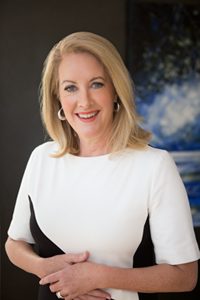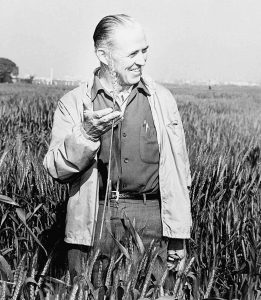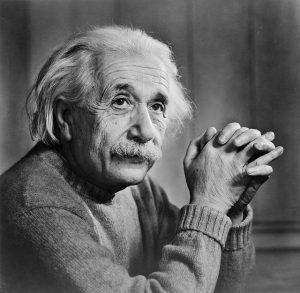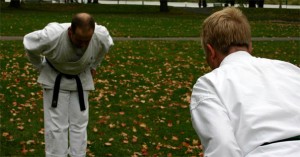 Detour
Detour
by Ruth Feldman
I took a long time getting here,
much of it wasted on wrong turns,
back roads riddled by ruts.
I had adventures I never would have known
if I proceeded as the crow flies.
Super highways are so sure of where they are going:
they arrive too soon.
A straight line isn’t always the shortest distance
between two people.
Sometimes I act as though I’m heading somewhere else
while, imperceptibly, I narrow the gap between you and me.
I’m not sure I’ll ever know the right way,
but I don’t mind getting lost now and then.
Maps don’t know everything.











